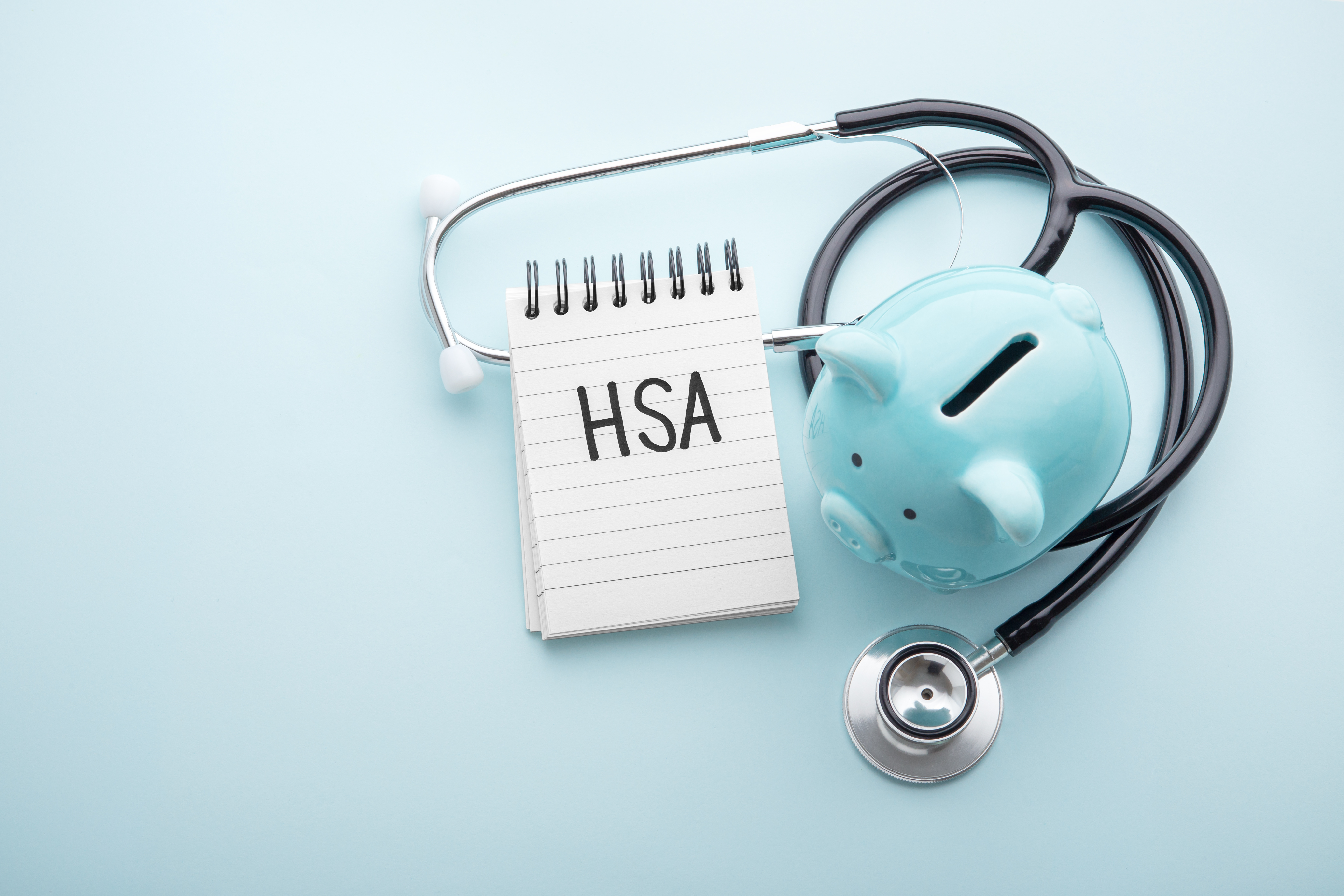If you own a small business with no employees (other than your spouse) and want to set up a retirement plan, consider a solo 401(k) plan. This is also an option for self-employed individuals or business owners who wish to upgrade from a SIMPLE IRA or Simplified Employee Pension (SEP) plan.
John Neville

Recent Posts
As part of the SECURE 2.0 law, there’s a new benefit option for employees facing emergencies. It’s called a pension-linked emergency savings account (PLESA) and the provision authorizing it became effective for plan years beginning January 1, 2024. The IRS recently released guidance about the accounts (in Notice 2024-22) and the U.S. Department of Labor (DOL) published some frequently asked questions to help employers, plan sponsors, participants and others understand them.
Ever wonder how IRS examiners know about different industries so they can audit various businesses? They generally do research about specific industries and issues on tax returns by using IRS Audit Techniques Guides (ATGs). A little-known fact is that these guides are available to the public on the IRS website. In other words, your business can use the same guides to gain insight into what the IRS is looking for in terms of compliance with tax laws and regulations.
The SECURE 2.0 law, which was enacted last year, contains wide-ranging changes to retirement plans. One provision in the law is that eligible employers will soon be able to provide more help to staff members facing emergencies. This will be done through what the law calls “pension-linked emergency savings accounts.”
No one needs to remind business owners that the cost of employee health care benefits keeps going up. One way to provide some of these benefits is through an employer-sponsored Health Savings Account (HSA). For eligible individuals, an HSA offers a tax-advantaged way to set aside funds (or have their employers do so) to meet future medical needs. Here are the key tax benefits:
Many employee benefit plan sponsors have faced logistical challenges during the pandemic, such as office closures and remote work environments, which have made it difficult to remit participant 401(k) contribution deposits on time. In response to these challenges, the Department of Labor (DOL)'s Employee Benefit Security Administration (EBSA) has issued Disaster Relief Notice (2020-01), which provides flexibility and relief to sponsors struggling with remittance delays due to the pandemic.
Many employers have been forced to implement some form of workforce reduction in order to continue operating during the COVID-19 pandemic. While furloughs and layoffs have a significant and immediate impact on a company’s operations, plan sponsors also need to understand the longer-term effects that workforce reductions may have on participants’ benefits and retirement accounts.











